Table of Contents
Mercedes M270 Engine (2012–2018)
The M270 Mercedes is a transverse-mounted 4-cylinder turbocharged petrol engine, introduced in 2012 for compact models such as the A-Class, B-Class, CLA, and GLA. Offered in 1.6 L and 2.0 L versions, it was designed to balance performance, fuel efficiency, and emissions compliance.
With features like direct fuel injection, variable valve timing, and a twin-scroll turbo, the M270 became a cornerstone of Mercedes’ compact lineup. While generally reliable, owners should be aware of known issues like timing chain wear, oil leaks, and thermostat failures.
For a full overview of all Mercedes powerplants, visit our Mercedes Engine Types Hub.
M270 Variants & Specifications
| Variant | Displacement | Power Output | Torque | Applications |
|---|---|---|---|---|
| M270 DE16 LA | 1.6 L | 75–90 kW (101–121 hp) | 180–200 Nm | A180, B180, CLA180, GLA |
| M270 DE20 LA | 2.0 L | 115–160 kW (154–215 hp) | 270–350 Nm | A200/250, CLA200/250, GLA |

Key Features:
- – All-aluminum block & DOHC with VVT
- – Direct injection + twin-scroll turbocharger
- – Timing chain–driven
- – Oil capacity: ~5.8–6.0 L (MB 229.5/229.51 spec)
M270 Reliability
The M270 is considered reliable, particularly when serviced regularly with high-quality oil and OEM parts.
Strengths:
- – Smooth, efficient power delivery
- – Meets strict CO₂ standards
- – Compact and lightweight design
Weaknesses:
- – Timing chain wear at higher mileage
- – Carbon buildup on intake valves (DI engine trait)
- – Oil leaks from valve cover gaskets
- – Thermostat housing prone to leaks



Common M270 Problems & Fixes
| Problem | Symptoms | Fix / Notes |
|---|---|---|
| Timing chain stretch | Rattle at startup, rough idle | Replace chain, guides & tensioner (~80–100k mi) |
| Camshaft actuator wear | Ticking on cold start | Update part (A2700501147) |
| Carbon buildup (DI engines) | Misfires, rough idle, low power | Walnut blasting every ~60k mi |
| Turbo actuator issues | Whistling, poor boost | Replace actuator/turbo |
| Valve cover gasket leaks | Oil smell, visible leaks | Replace gasket early |
| Thermostat housing failure | Overheating or engine stays cold | Replace with OEM thermostat |
| Coolant leaks | Low coolant, overheating | Inspect pump, thermostat housing |
Related reads:
Why Does Engine Light Come On: Steps to Solution
Oil Mixing With Coolant: Case Study & Solution
Thermostat Housing Leak : Case Study & Solution
Is it Normal for Coolant Level to Drop? Case Study
Car Jerks and Loses Power While Driving: Real Fix Explained

M270 Maintenance Checklist
To extend engine life, follow this preventive schedule (every ~60k miles / 100k km):
- – Replace camshaft actuator with updated part
- – Perform walnut blasting on intake valves
- – Inspect timing chain & tensioner
- – Test turbo actuator & boost pressure
- – Replace valve cover gasket if leaking
- – Inspect thermostat & cooling system

M270 Engine Oil Capacity
- – Capacity: ~5.8–6.0 L (with filter)
- – Recommended oil: Mercedes-approved 229.5/229.51 synthetic (0W-40 or 5W-30 depending on region)
- – Interval: Every 10,000–15,000 km (shorter if high performance use)

M270 Thermostat Function
The thermostat regulates engine temperature. A faulty thermostat can cause:
- – Overheating (stuck closed)
- – Cool running (stuck open)
- – Coolant leaks around housing
Replace with an OEM part if fluctuations or leaks are noted.

M270 vs M274 – Key Differences
The M270 and M274 are closely related but configured differently:
| Feature | M270 | M274 |
|---|---|---|
| Layout | Transverse (FWD) | Longitudinal (RWD) |
| Applications | A-Class, B-Class, CLA, GLA | C-Class, E-Class, GLC |
| Tuning | 101–215 hp | 154–241 hp |
| Reliability | Similar issues (chain, leaks, carbon) | Same family, slightly higher outputs |
Related read: Mercedes M274 Engine
Mercedes Models with the M270
FAQs : Mercedes M270
Q1: Is the M270 engine reliable?
Yes, if serviced regularly. Known issues include timing chain stretch and oil leaks.
Q2: How much oil does the M270 hold?
~5.8–6.0 L with filter. Use MB-approved synthetic oil.
Q3: What cars have the M270 engine?
A-Class, B-Class, CLA, and GLA (2012–2018).
Q4: What is the difference between M270 and M274?
M270 is transverse (FWD), M274 is longitudinal (RWD).
Q5: What are the most common M270 problems?
Timing chain wear, camshaft actuator failure, carbon buildup, thermostat leaks.
Conclusion
The Mercedes M270 engine remains a solid choice for compact Mercedes models. With efficient turbocharging, direct injection, and modern design, it balances performance with emissions compliance.
While timing chain wear, carbon buildup, and oil leaks are common concerns, regular maintenance and early repairs ensure long-term reliability. For owners of A-Class, CLA, B-Class, or GLA, the M270 provides dependable performance when properly maintained.
Continue exploring with our Mercedes Engine Types Hub.
Author
Written by Mercedes Expert
With years of hands-on experience diagnosing and repairing Mercedes-Benz systems, he brings technical depth and practical case studies to help car owners, technicians, and enthusiasts troubleshoot complex automotive issues. His work focuses on clear repair guides, OEM-level procedures, and knowledge-sharing to empower both professionals and drivers.
Last Updated: September 2025

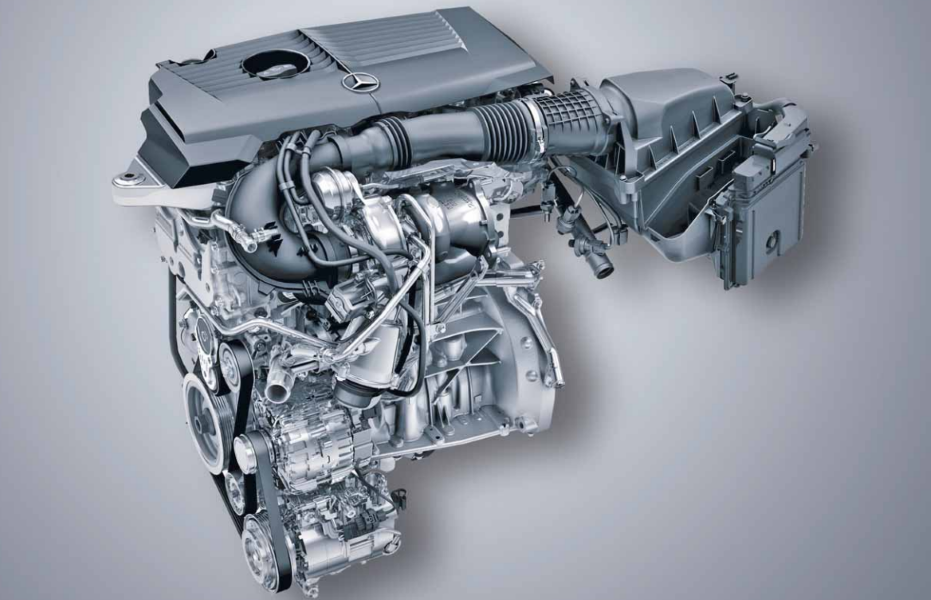

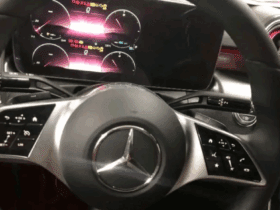
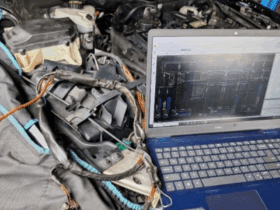
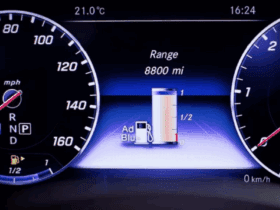
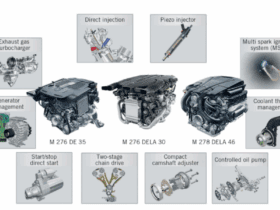
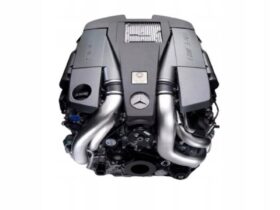
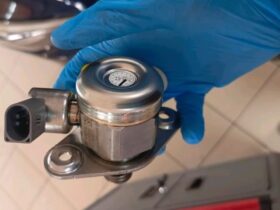
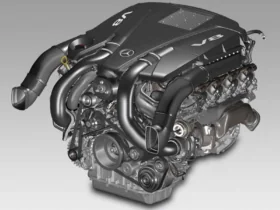
Leave a Reply